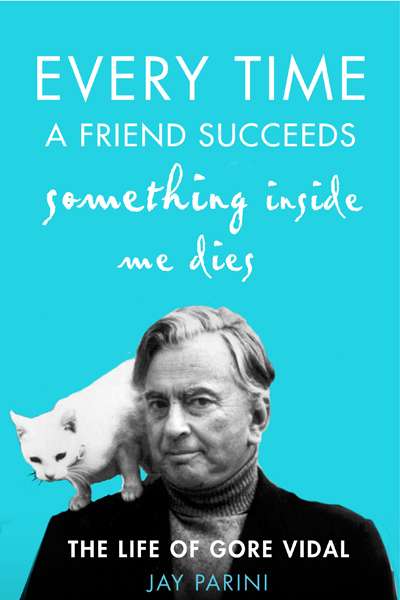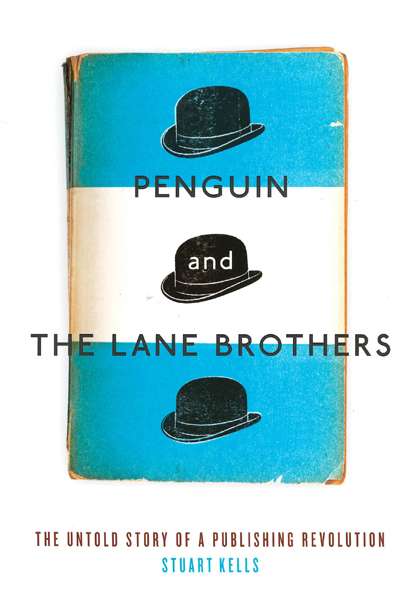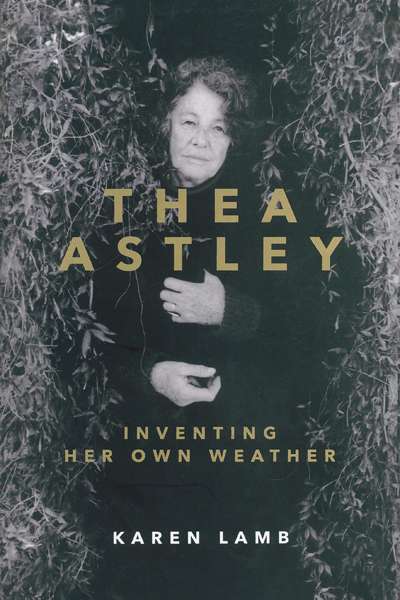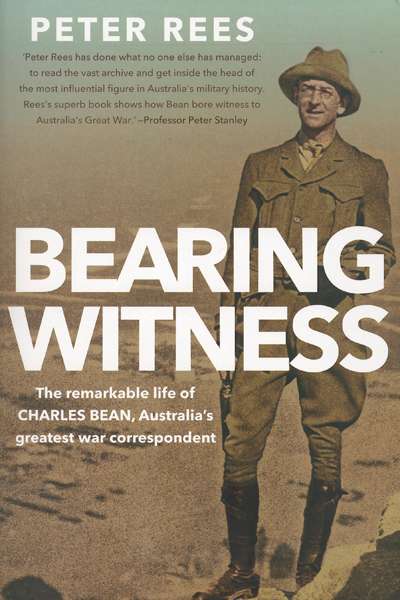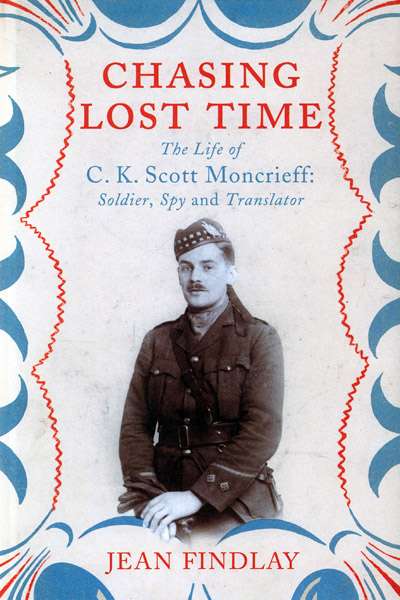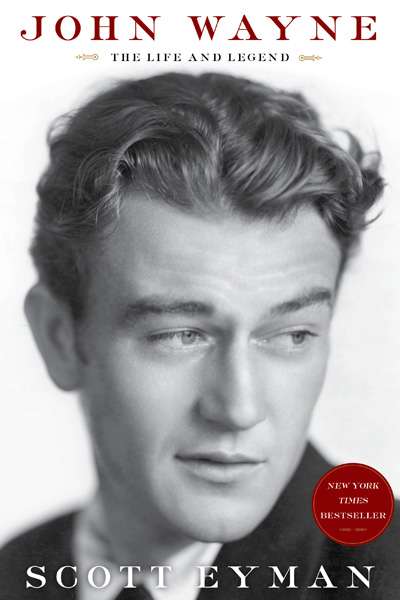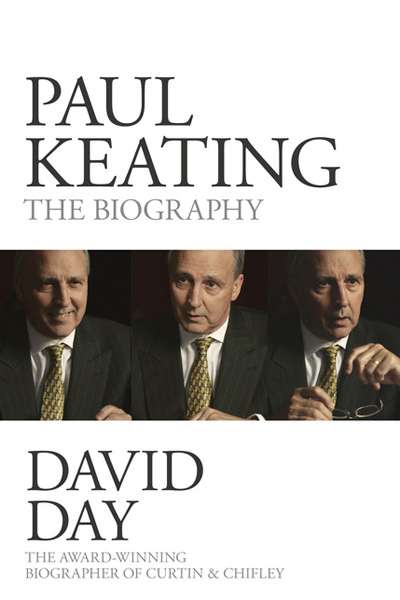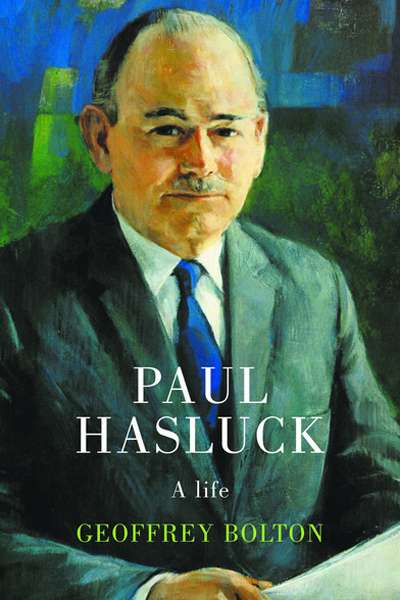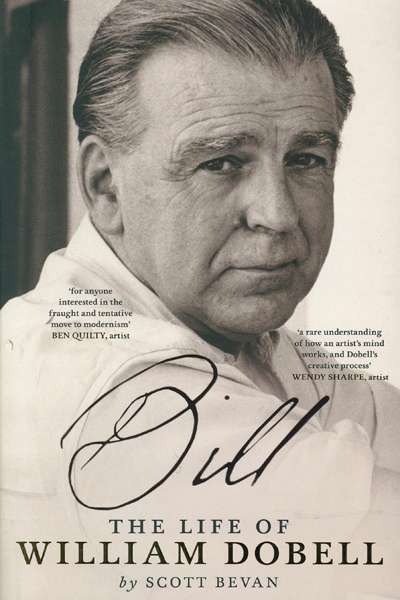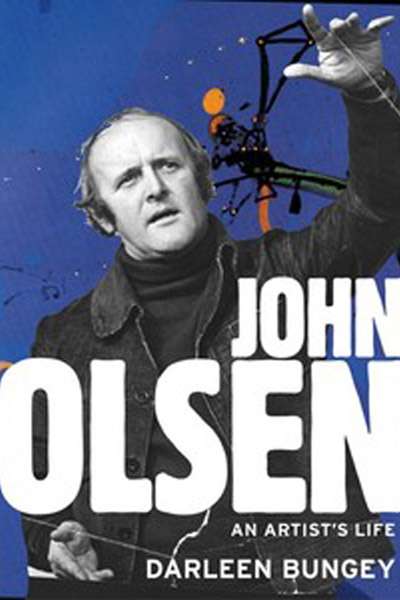Biography
Every Time a Friend Succeeds Something Inside Me Dies: The Life of Gore Vidal by Jay Parini
by Kevin Rabalais •
Penguin and the Lane Brothers: The Untold Story of a Publishing Revolution by Stuart Kells
by James McNamara •
Thea Astley: Inventing Her Own Weatherer by Karen Lamb
by Kerryn Goldsworthy •
Bearing Witness: The Remarkable Life of Charles Bean, Australia's Greatest War Correspondent by Peter Rees
by Geoffrey Blainey •
Chasing Lost Time: The Life of C.K. Scott Moncrieff: Soldier, Spy and translator by Jean Findlay
by Colin Nettelbeck •

